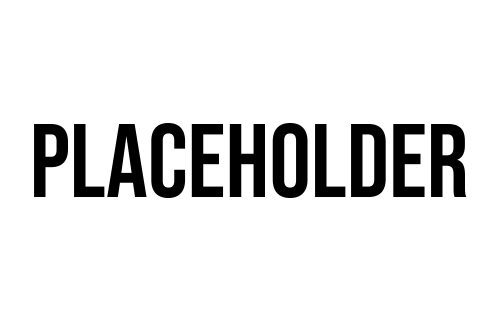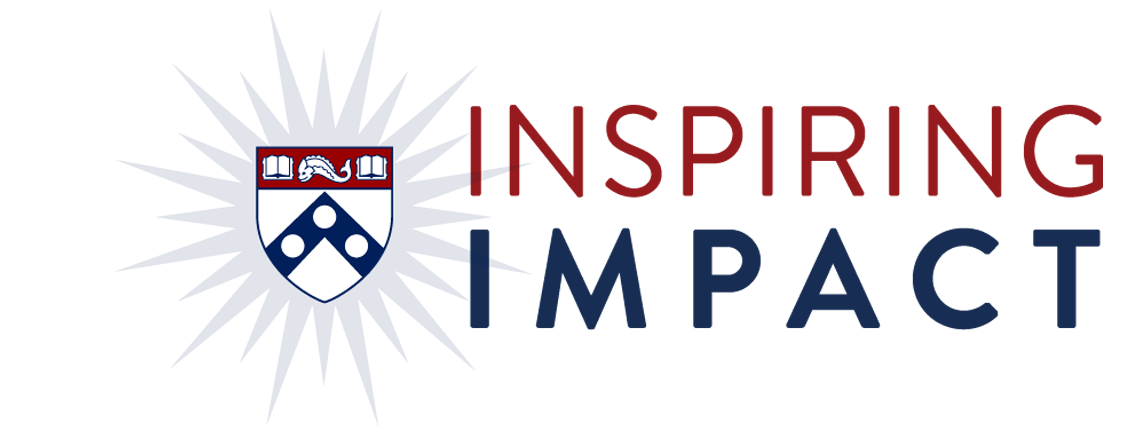The Darkness Manifesto
The Penn Libraries Awards the First Annual Sustainability Book Prize
“Bats are how it all started,” Johan Eklöf reminisced, with a bit of a smile. “Luckily, working with animals that sleep half the year leaves you time for many other things.”
And luckily for the readers who filled the Kislak Center for Special Collections on September 26, those other things included penning his second book, The Darkness Manifesto. Both Eklöf and the book’s translator, Elizabeth DeNoma, were in attendance as the book was awarded the Penn Libraries’ inaugural Sustainability Book Prize, presented by the Lynn Family.

Acknowledging outstanding contributions to the global discourse on environmental sustainability, the award has a specific focus on books that have a substantial impact on the public’s understanding of this set of crucial issues. From a shortlist with topics ranging from carbon colonialism to a climate case for hope, The Darkness Manifesto emerged as a call for darkness.
Like Silence for the Eyes
“People don’t know what darkness is anymore,” noted Eklöf during his presentation. We’ve banished it from streets, yards, stadiums, monuments, and the buildings that pepper our skylines—so much so, that we take ever-increasing pains to avoid its unfamiliarity. So what, exactly, is darkness?
For Eklöf, a bat scientist and writer most known for his work on microbat vision, it is more than just a diurnal marker. It brings richness to our daily lives, and it adds texture and experience that cannot be replicated. In his telling, “Darkness is, somehow, like silence for the eyes.”

Of course, it also guides the instincts of the many creatures we tend not to observe. For Eklöf, a singular example of this is the long-eared bat. Once a fixture of church cupolas throughout Eklöf’s native Sweden, now less than half of those bat populations remain. After decades of observation and research, the reason is clear to Eklöf: “With how much light we are using, we’re actually killing the night,” he says. “The night itself is endangered.”
Research has shown that light pollution is increasing at a rate of about 10 percent each year. And its impacts are internecine, from warping bat behavior to distorting entire ecosystemic balances: scientists have found that upwards of 70 percent of insect biomass has decreased in the past 40 years.1 And while insects have suffered from many elements of human activity—pesticides, deforestation, agriculture—Eklöf notes that light pollution has now, rightly, been added to this list.
“I think the darkness is speaking to us,” says Eklöf.

An Invitation for Discussion
A panel of five jurors narrowed down a shortlist that included works by Jake Bittle, Joëlle Gergis, and Laurie Parsons. In selecting the winner, panelists praised The Darkness Manifesto as “eloquent and engaging,” a blend of “lyrical prose and scientific insight.” The jury included Professor Michael Mann, of Penn; Professor Daniel Cohan, of Rice University; Sara Cronenwett, Senior Vice President of Corporate Environmental Sustainability at Comcast; Genevieve Guenther, Founding Director of End Climate Silence and an affiliate faculty member at The New School; Julie DiNatale, Vice President and Chief Sustainability Officer of FMC; and Brigitte Weinsteiger, H. Carton Rogers III Vice Provost and Director of the Penn Libraries.
“With the book prize, we wanted to raise visibility of sustainability efforts in a way that drives public discourse,” says Weinsteiger. “We see the book prize as more than an award. It is a call to action, encouraging authors and thinkers to contribute to the vital discourse on sustaining our planet for future generations.”

